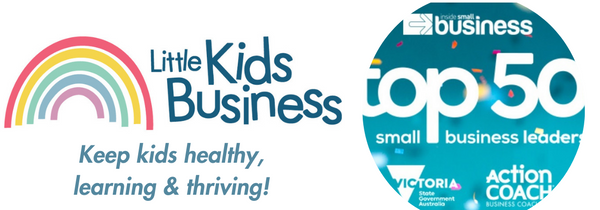Understanding how to discipline a toddler can be really difficult. When you speak with other parents about what they do in their home, it appears that there is no one set way to discipline children, or is there?
Do you put your toddler in timeouts or try to reason with them? Do you lose your temper out of frustration and just yell at your child or do you duck your head in the sand and simply ignore your Child’s poor behaviour bad behaviours?
Is spanking or hitting your child ever justified?
Research confirms that corporal punishment is a poor choice. DR. ANDREW GROGAN-KAYLOR from the University of Michigan has been researching children and families, including the effects of corporal punishment for over 15 years. From this, it seems he feels that it’s never okay to hit kids.
“The scientific evidence is amazingly consistent,” he says. “Sixty-two countries have enacted a ban on physical punishment. ”
Here’s a rundown of what the most recent studies are saying about disciplining children.
1. Parents Should Still Not Hit Kids
Studies continue to show behavioural consequences to corporal punishment result in violent behaviours in young children, regardless of how healthy child/parent attachment was. The study followed over 2200 families and examined the associations between maternal spanking and child externalizing behaviour when children were ages one, three, and five.
“One of the theories is that when raising kids, we teach them how to deal with conflict and how to respond if people are not doing the thing you want them to do,” explained Dr Grogan-Keylor. “So you’re teaching kids ‘we hit people’ which is a bad lesson to carry forward to dealing with conflict or people who disagree with you.”
2. HARSH TACTICS MIGHT CHANGE KID’S BRAINS
Dr Sabrina Suffren at the University of Montreal found evidence that harsh parenting can affect the physical structure of the brain. The study was unique because it used data from children who had been monitored since birth.
The study outlines how parenting practices and child anxiety levels were evaluated annually while the children were between the ages of two and nine. Researchers observed that the same brain regions were smaller in adolescents who had repeatedly been subjected to harsh parenting practices in childhood, even though the children did not experience more serious acts of abuse.

3. POSITIVE TODDLER DISCIPLINE IS YIELDING RESULTS
More research is starting to emerge on what healthy toddler discipline entails. Still, it has been slower to materialize as researchers in the US have had to continue to convince parents that harsh discipline is, in fact, unhealthy.
Dr Grogan-Keylor expresses optimism, however. Multiple professional organizations such as the American Academy of Pediatrics and the American Psychological Association now treat harsh discipline as a public health issue instead of a private one.
“There’s significant work to do, but there’s a solid and growing evidence base around those as long term ways to plant the seeds of good behaviour.” “Long-term investment in structure, warmth, support, love, communication, compassion are under-researched,” Grogan-Keylor says.
For instance, consistently repeated instructions, followthrough, and enthusiastically praising good behaviour. works best. It seems that non-violent consequences are followed by an opportunity for the toddler to make correct choices and receive affirmation for those decisions.
- When toddlers disobey, parents wait five seconds before clearly repeating the request.
- If another five seconds go by without compliance parents can ask if they need help.
- If another five seconds pass, parents should then calmly and gently guide the compliance.
- If at any point along the way the child does listen and obey, parents should enthusiastically thank them for listening.
4. HEALTHY TODDLER DISCIPLINE IS HARD FOR ALL PARENTS
Don’t be discouraged if these discipline strategies sound great, but change course in intense situations.
A study interviewed 105 mothers of toddlers at a university laboratory and then by phone as soon as possible after that and determined that “Changes in goals were more likely during long episodes, in response to whining or tantrums, when mothers were upset emotionally, and when they reported a combination of both dispositional and situational attributions during the episode.”

